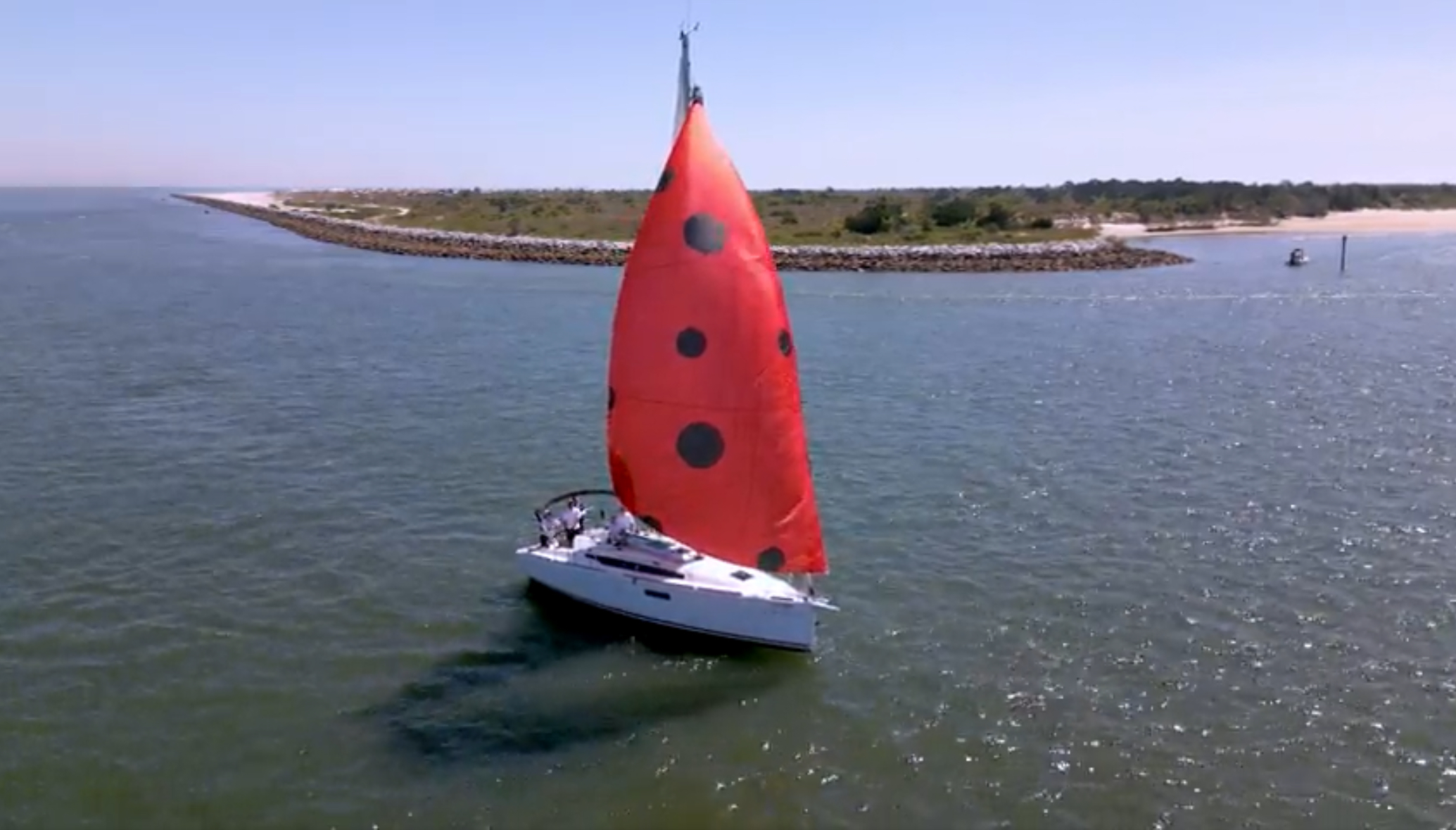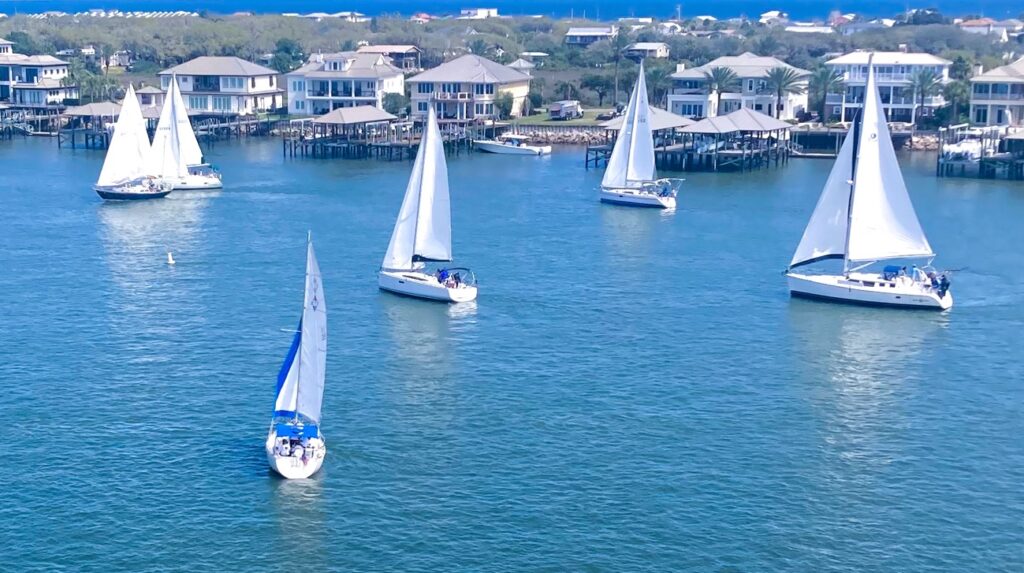ECO-FRIENDLY SAILING:
Sustainable Practices on Our Luxury Yachts
As the world becomes increasingly conscious of environmental issues, the call for sustainable practices across various industries grows stronger. The tourism and yacht industries, in particular, have taken significant strides toward embracing eco-friendly practices, recognizing the importance of preserving the very environments they thrive upon. Eco-friendly sailing has emerged as a pivotal trend in this movement, marrying the thrill of maritime adventure with the responsibility of environmental stewardship. Incorporating innovative technologies and sustainable practices has transformed the sailing experience into a greener, more sustainable endeavor.
What is Eco-Friendly Sailing
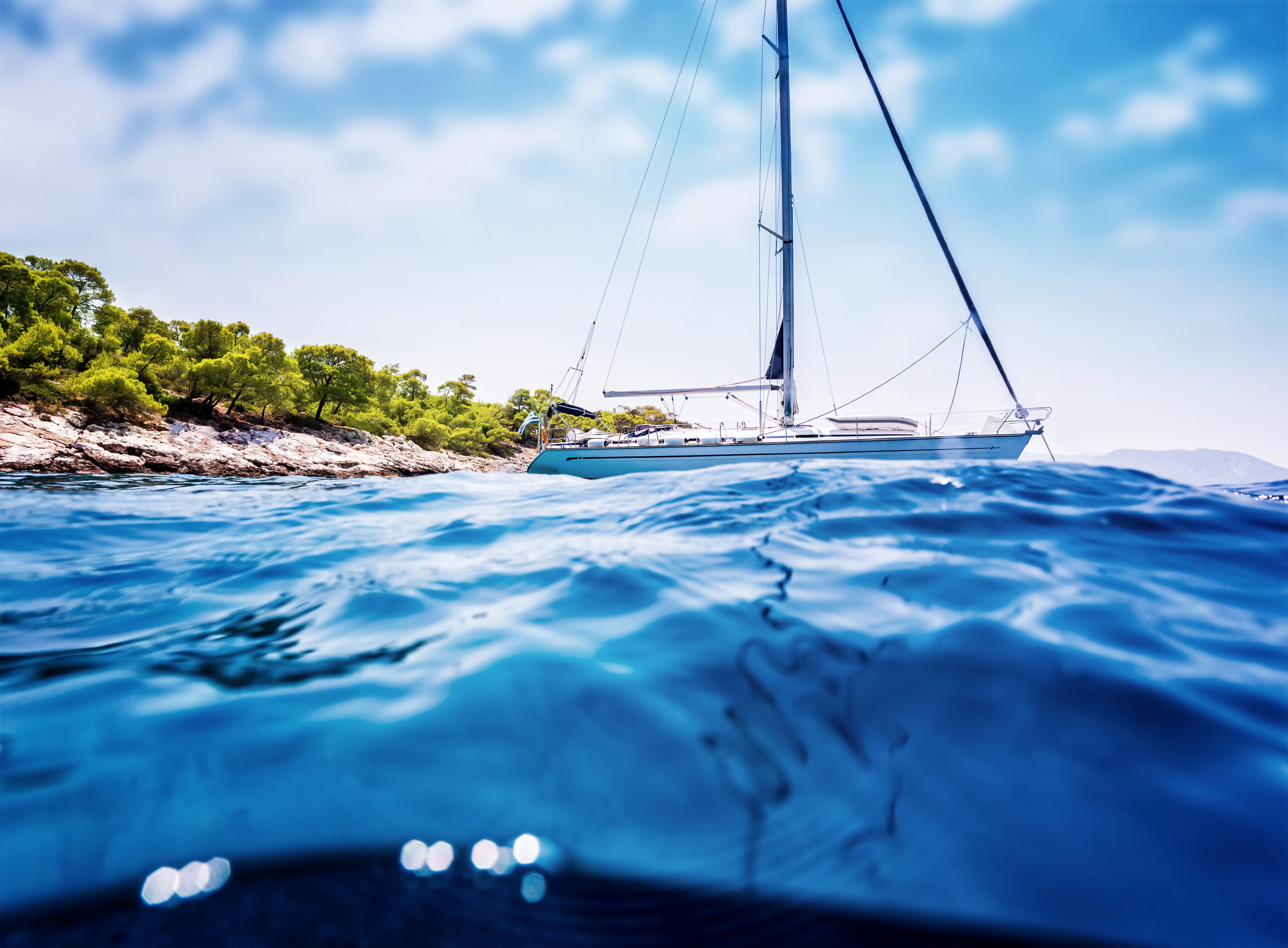
Eco-friendly sailing involves adopting practices that minimize the environmental impact of sailing activities. This encompasses everything from using clean energy sources to reducing waste and conserving water. By prioritizing sustainability, sailors and yacht enthusiasts are not only protecting the marine environment but also enhancing their overall sailing experience.
Eco-friendly sailing practices help keep the natural beauty of the oceans unspoiled for future generations to enjoy. Traditional sailing practices, which often involve using fossil fuels and materials harmful to marine life, are being replaced by more sustainable alternatives. This shift in approach helps maintain the health of aquatic ecosystems and makes sure that marine life thrives alongside human activity.
Benefits of Eco-Friendly Sailing
Eco-friendly sailing is not just a trend but a necessary evolution in how we interact with our planet. By choosing sustainable practices, sailors are taking a proactive step toward preserving the oceans and ensuring that future generations can continue to enjoy the wonders of the sea.
There are a few key benefits to being eco-friendly on the water:
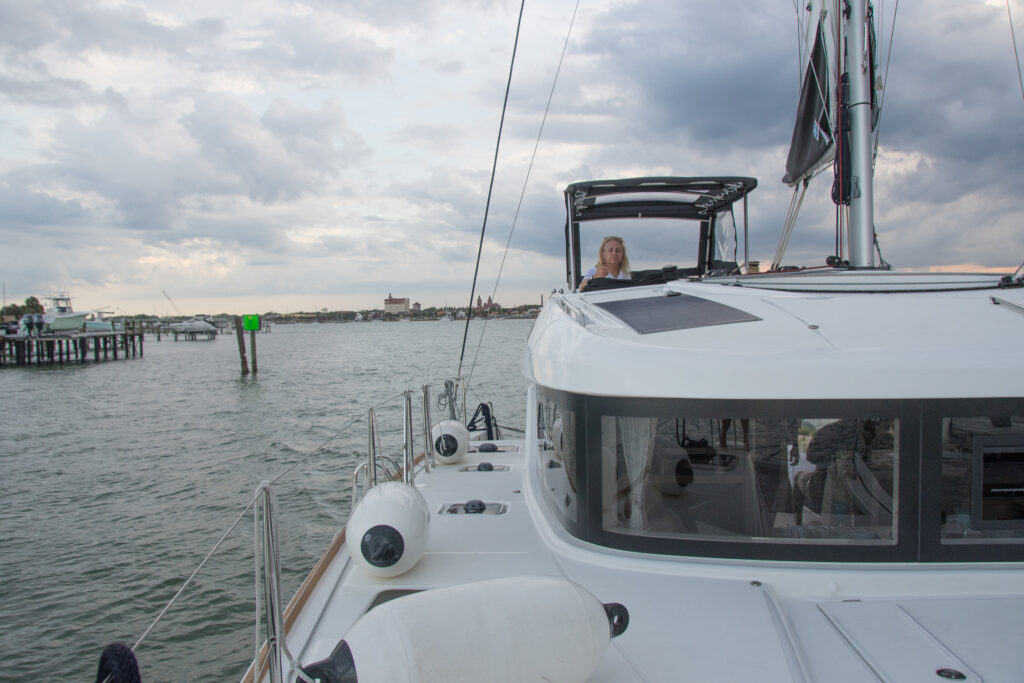
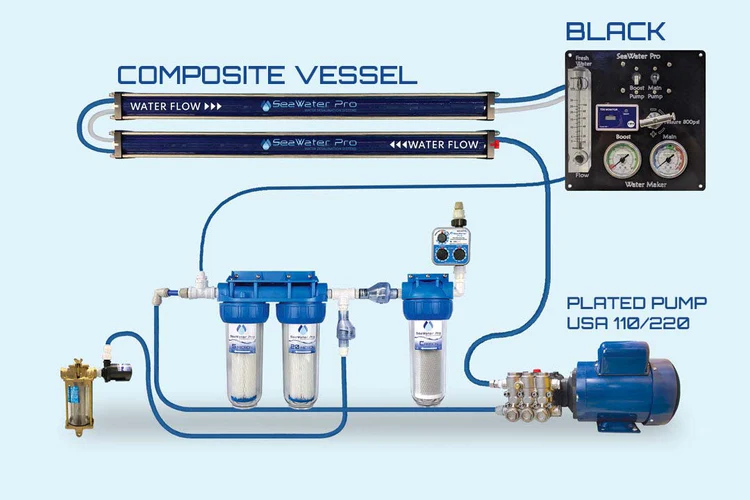
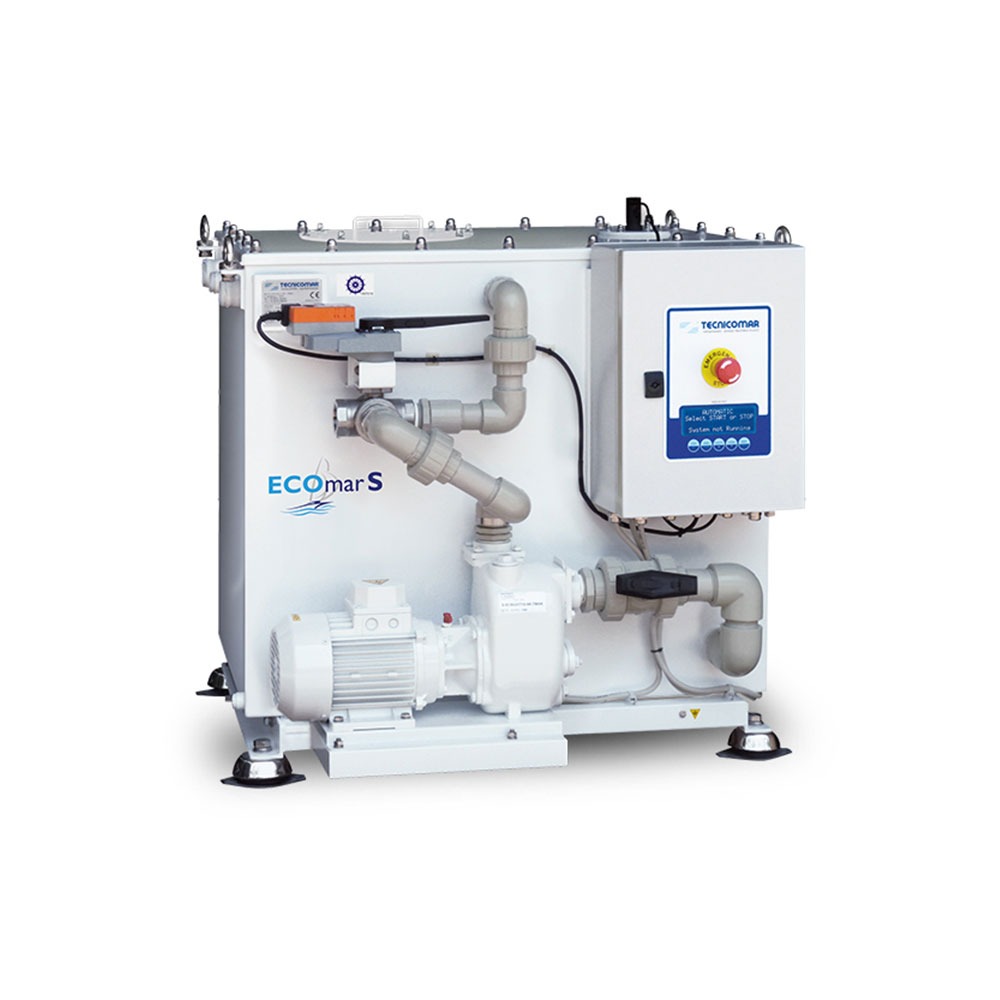
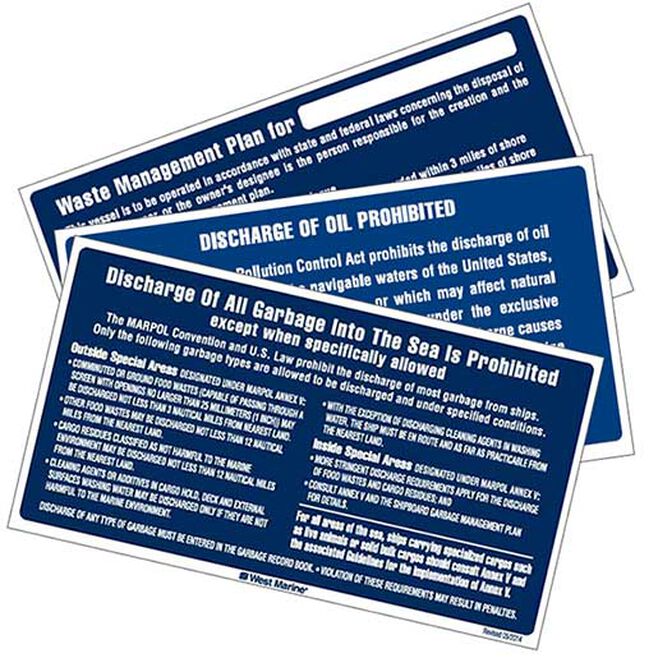
Reducing
Carbon Footprint:
One of the most significant benefits of eco-friendly sailing is the reduction of carbon emissions. By utilizing renewable energy sources such as solar and wind power and opting for electric or hybrid engines, yachts can drastically reduce their reliance on fossil fuels, cutting down their carbon footprint.
Preserving
Marine Ecosystems:
Eco-friendly practices ensure that sailing activities do not harm delicate marine ecosystems. Using non-toxic materials, sustainable waste management systems, and reduced noise pollution contribute to a healthier ocean environment, supporting diverse marine life.
Enhancing
the Sailing Experience:
Eco-friendly sailing allows for a more immersive experience where guests can connect more deeply with the natural world. The use of quieter electric engines and clean energy technologies enhances the tranquility of the sailing experience, allowing guests to fully appreciate the beauty of the seas.
Sustainable Practices in Sailing Today
The yacht and sailing industries have adopted several innovative technologies and practices to reduce their environmental impact and enhance sustainability. Modern yachts are increasingly equipped with electric and hybrid engines, which significantly reduce greenhouse gas emissions and noise pollution compared to traditional diesel engines. These engines provide a cleaner sailing experience with a smoother and quieter journey, allowing for a deeper connection with nature.
Incorporating solar panels and wind turbines on yachts is becoming common, enabling yachts to harness renewable energy. These technologies offer a sustainable power source for onboard systems, reducing reliance on fossil fuels and lowering the overall carbon footprint of sailing. Additionally, yachts are equipped with advanced waste management systems that treat and recycle waste onboard, helping to keep the waters clean and safe for marine life.
The materials used in yacht construction and maintenance are critical to their environmental impact. The industry has made significant strides in adopting eco-friendly materials and practices. Yacht builders now use sustainable and recyclable materials, such as bamboo and reclaimed wood, for the interiors and exteriors of yachts. These materials reduce the environmental footprint of yacht construction and enhance the vessels’ aesthetic appeal and comfort. Moreover, using non-toxic, environmentally friendly paints and coatings is becoming standard in the yacht industry. These coatings are designed to prevent corrosion and fouling without releasing harmful chemicals into the water, protecting the yacht and the marine environment.
Water conservation is a vital aspect of eco-friendly sailing, and modern yachts are equipped with various systems to ensure the efficient use of water resources. Advanced desalination systems are increasingly used on yachts to convert seawater into freshwater, reducing the need to carry large amounts of freshwater on board. This not only conserves water but also reduces the weight and fuel consumption of the yacht. Furthermore, many yachts now have systems in place to recycle water and minimize the use of single-use plastics. By reducing plastic waste and recycling water, yachts contribute to the overall health of the oceans and reduce their environmental impact.
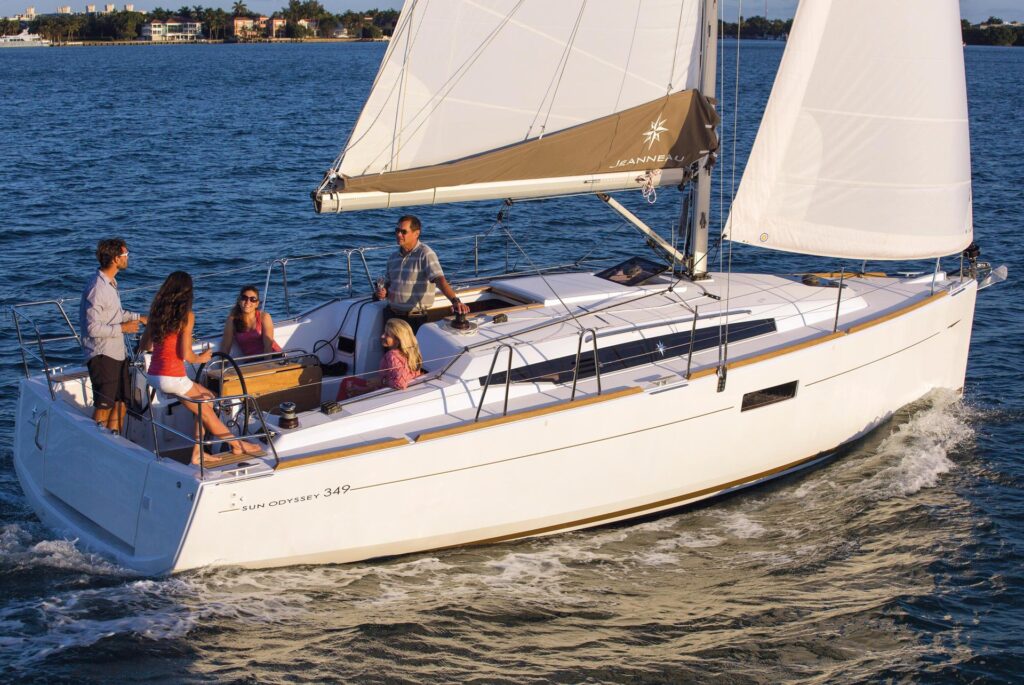
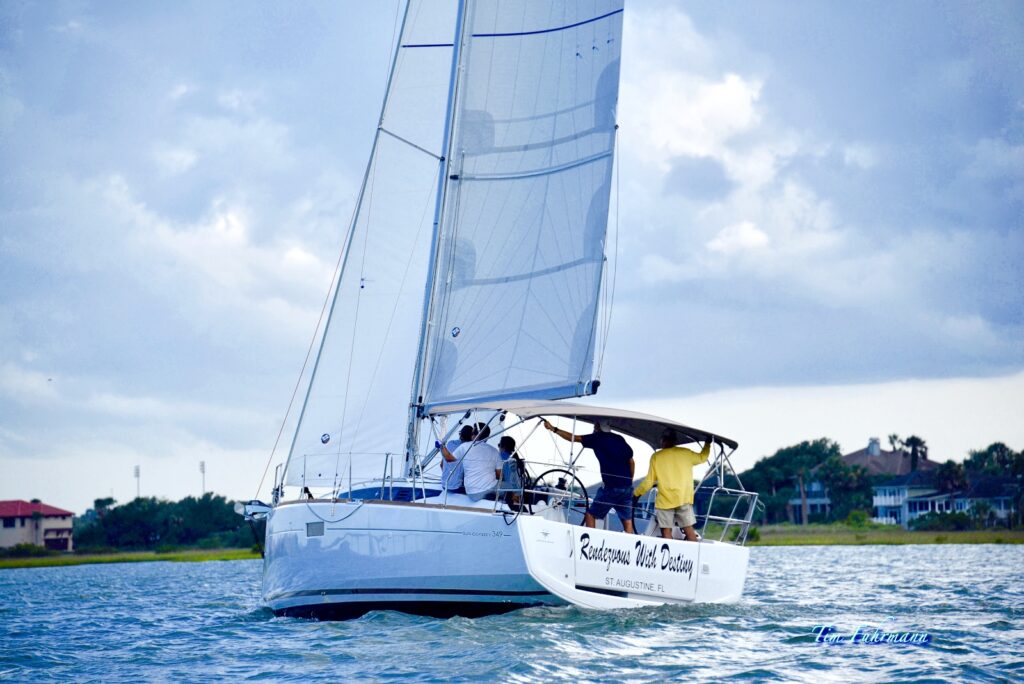
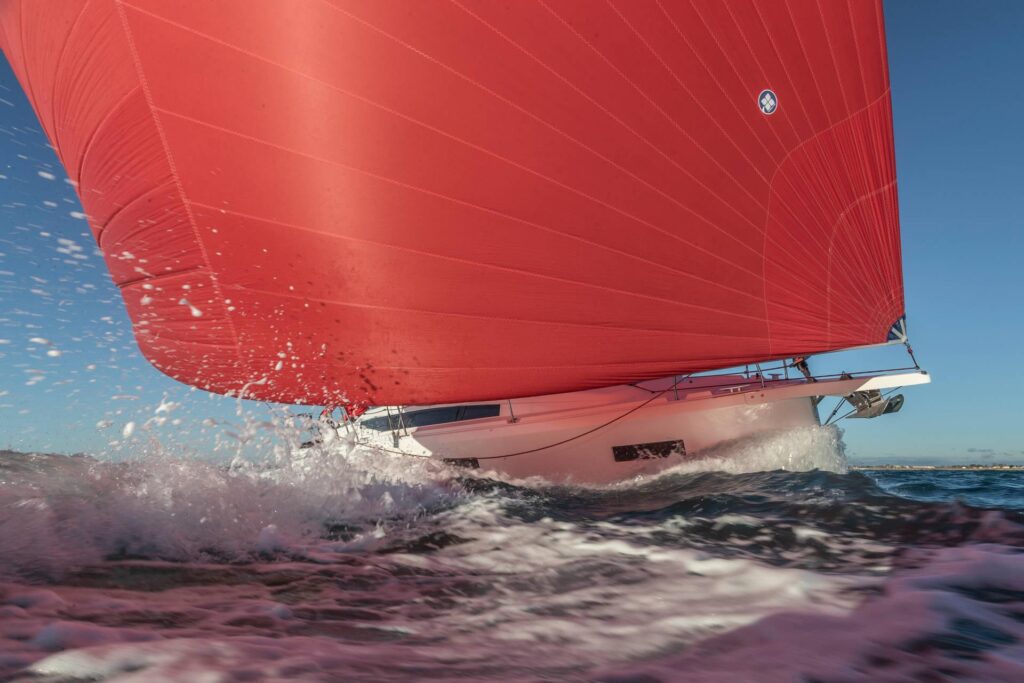
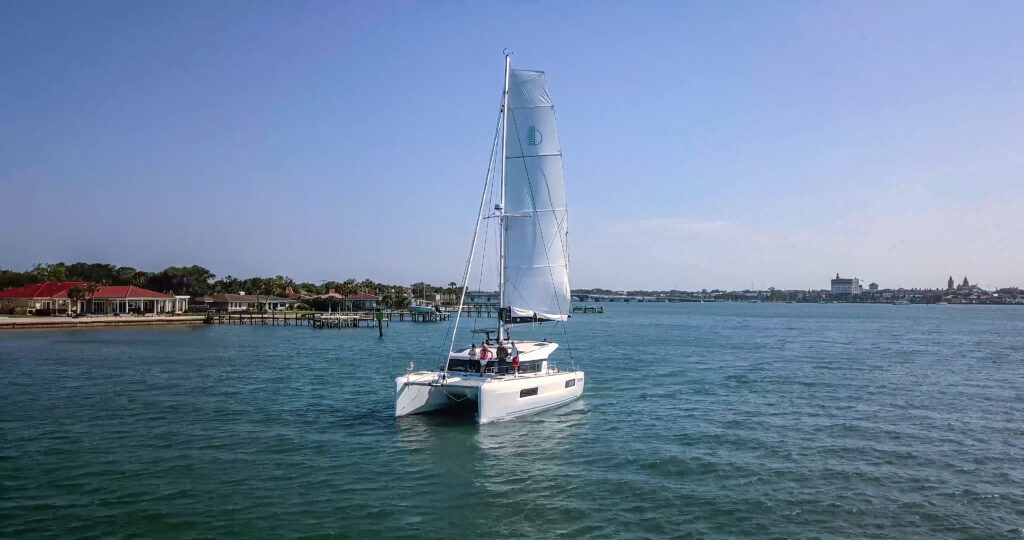
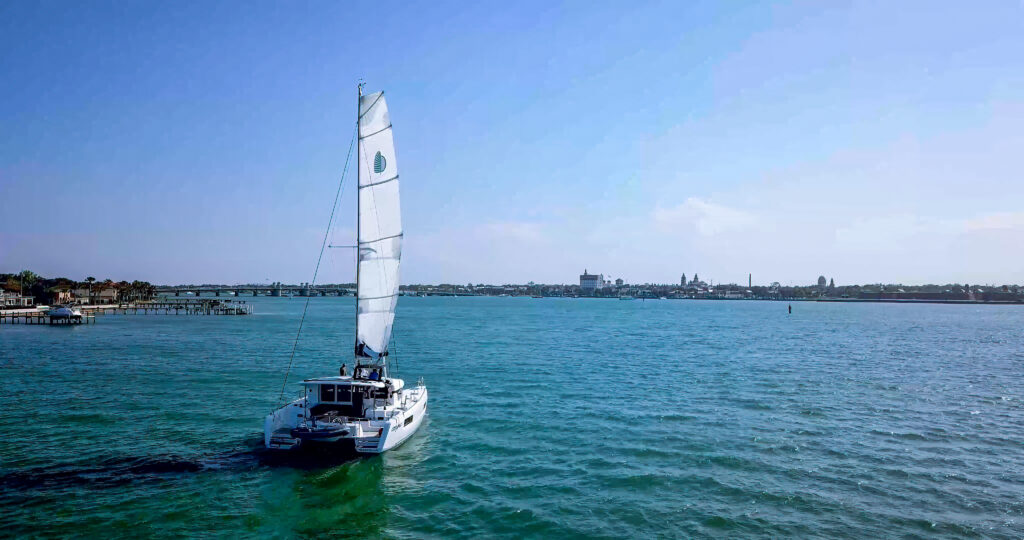

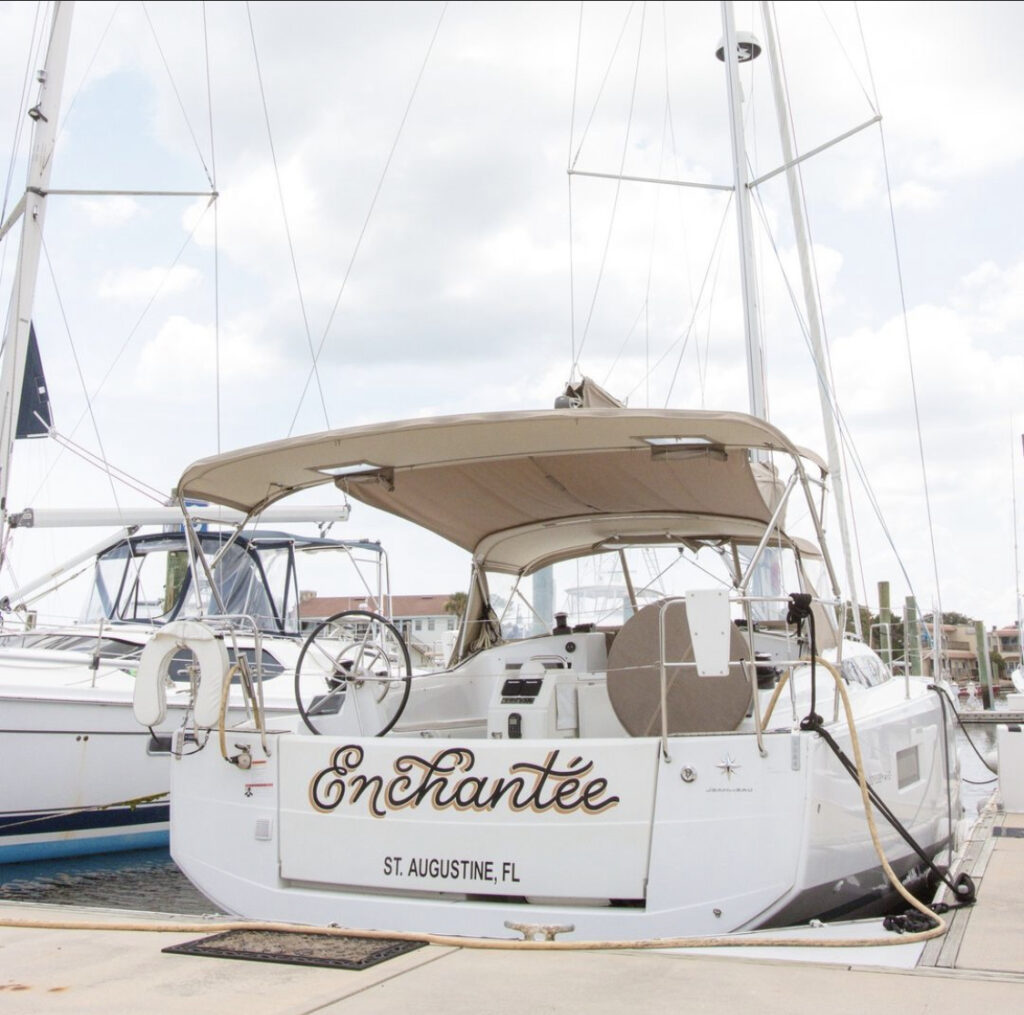
Sustainable Sailing Practices On the Horizon
As the world increasingly prioritizes sustainability, the sailing and yacht industries are poised to adopt new technologies and practices that further reduce their environmental impact. The future of sustainable sailing looks promising, with several innovations on the horizon that could transform the way we experience the seas.
The next wave of sustainable sailing will likely be characterized by integrating even more advanced technologies. Innovations in renewable energy sources, such as more efficient solar panels and wind turbines, will allow yachts to generate more power from natural elements, reducing their reliance on traditional energy sources. Additionally, advancements in battery technology are expected to increase the capacity and efficiency of electric engines, enabling longer voyages with fewer environmental impacts.
Autonomous sailing vessels and artificial intelligence (AI) technology are also expected to play a significant role in the future of sustainable sailing. These technologies can optimize routes, monitor weather patterns, and adjust sailing conditions to minimize energy consumption and maximize efficiency. By leveraging AI, yachts can reduce fuel consumption and emissions, making sailing more eco-friendly and cost-effective.
While the future of sustainable sailing is promising, there are challenges that the industry will need to address. One of the main challenges is balancing luxury and sustainability. Yacht owners and operators must find ways to maintain the high levels of comfort and luxury that guests expect while implementing eco-friendly practices. This may involve investing in new technologies and materials that enhance the sustainability of yachts without compromising on the quality of the experience.
Adapting to stricter environmental regulations will also be a key challenge for the industry. As governments and international organizations continue to tighten rules on emissions and waste management, yacht operators will need to stay ahead of the curve by investing in compliance and innovation. This will require a proactive approach to sustainability, focusing on continuous improvement and adaptation.
Our Commitment to Eco-Friendly Practices
St. Augustine Sailing is deeply committed to protecting the environment while providing unforgettable luxury sailing experiences. Our dedication to sustainability is woven into every aspect of our operations.
We prioritize the use of sustainable by selecting eco-friendly paints and coatings, we ensure that our yachts are not only beautiful and durable but also safe for marine life and the environment. These practices reflect our commitment to preserving the oceans and protecting the natural beauty that makes sailing an extraordinary experience.
We also emphasize water conservation, using efficient desalination systems to provide fresh water whenever possible and reduce the need to carry large quantities on board.
Our dedication to minimizing plastic waste is reflected in our onboard and office policies. In the office, we use a 5-gallon water dispenser, and we provide our sailing students with reusable water bottles that can be refilled from a 1-gallon jug during their classes, even when they’re away from the office. These efforts help reduce the reliance on single-use plastics. By implementing these small but impactful changes, we support the health of our oceans and promote sustainable sailing practices.
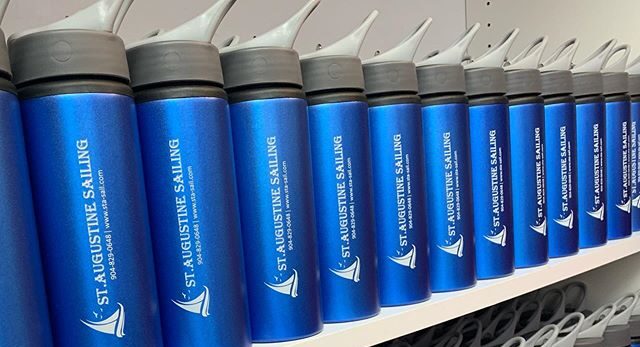
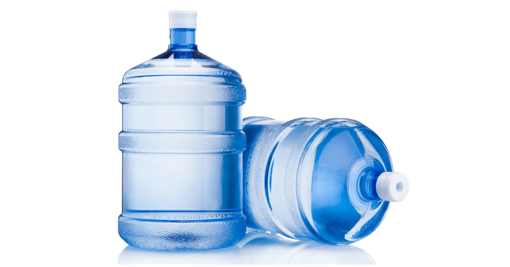
A Greener Future
Education and awareness are crucial for promoting sustainability in the sailing industry. At St. Augustine Sailing, we emphasize the importance of eco-friendly practices by offering tips to reduce environmental impact, both for guests aboard our vessels and students enrolled in our sailing courses. Additionally, through our sister company, All Points Yacht Sales, Rose Ann Points guides yacht buyers on the benefits of solar panels, water makers, and high-energy batteries. By cultivating a culture of sustainability, we empower our guests to make informed decisions and become advocates for the environment.
Looking ahead, we are dedicated to continuously improving our sustainability efforts. Our aim is to provide a luxurious sailing experience that is both enjoyable and environmentally responsible, ensuring that the beauty of the seas can be cherished for generations to come.
For more information and to stay updated, visit www.sta-sail.com and follow them on social media @StAugustineSailing.

